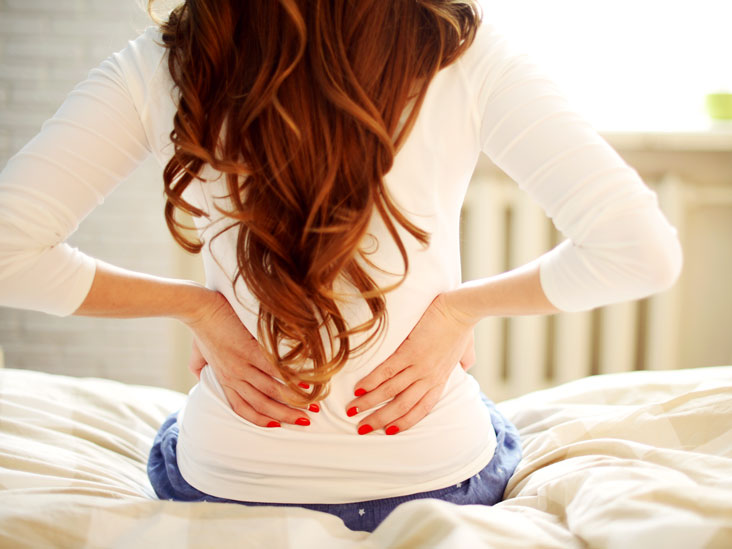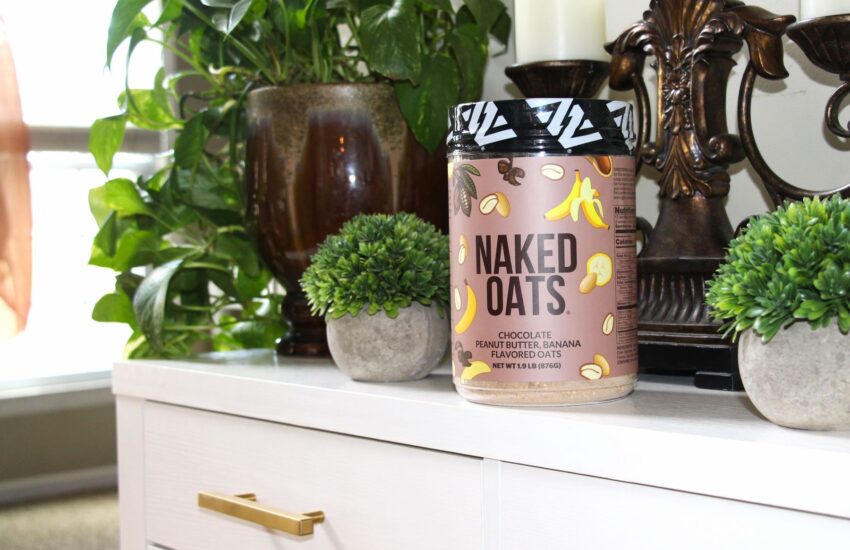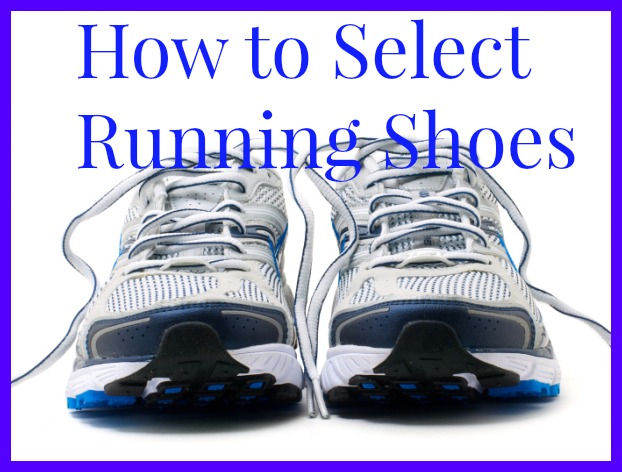A Bone To Pick: Is Your Lifestyle Bad For Your Bones?
 Weak bones can be hereditary. However, it’s believed that there are also many lifestyle choices that can lead to conditions like osteoporosis later on in life. Having weak or brittle bones can make everyday life a challenge and make every fall and false step a trip to the hospital. To keep your bones strong and healthy, here are just a few things you can do.
Weak bones can be hereditary. However, it’s believed that there are also many lifestyle choices that can lead to conditions like osteoporosis later on in life. Having weak or brittle bones can make everyday life a challenge and make every fall and false step a trip to the hospital. To keep your bones strong and healthy, here are just a few things you can do.
Consume enough calcium
Calcium is important for increasing bone mass. A lack of calcium may lead to weak bones. You can get calcium from many foods such as dairy products, nuts and fish. Calcium supplements may worth taking for those that are dairy intolerant or have a genetic deficiency. There are lots of supplements around. Online reviews such as AlgaeCal reviews on Amazon can help you find the best supplements for you. Such supplements could help to strengthen bones and help treat bone conditions. Some may have side effects, in which case always consult your doctor.
Limit your salt
Studies have found that excessive salt consumption leads to calcium loss. Salt is found in many processed foods and meats, whilst many of us will add further salt to our food. We should all ideally be consuming less than 2,300 milligrams of sodium per day, both to protect our bones and our organs which can all be damaged as a result of heightened blood pressure. Try limiting you salty snack intake and experiment with other spices in cooking such as vinegar or sage rather than always reaching for the salt shaker.
Stay active
Physical activity is good for developing bone strength. The National Osteoporosis Foundation lists some of the best exercises for developing bones strength. Whilst these will benefit the average person, those that already have a bone disease such as osteoporosis may want to refrain from such high-impact exercises as they could put you at more risk of broken bones. Instead try low intensity exercises like walking, swimming or yoga.
Catch some rays
Vitamin D is also a much needed mineral to make our bones strong. We get this largely from being in the sun. If you spend a lot of time indoors, try finding ways of getting outside more often such spending your lunch break outdoors or taking up outdoor hobbies. Vitamin D is available in some foods such as fatty fish and dairy products. There are also supplements for vitamin D available from many chemists. Getting a healthy dose of vitamin D has also been shown to be good for the brain, helping to treat mental illnesses such as depression. Just make sure to go easy on easy on your intake as too much vitamin D can cause hypercalcemia, causing nausea and potential kidney problems.
Don’t drink too much
Alcohol can also have a negative effect on our bones when consumed in large amounts. Studies have found links between heavy alcohol consumption and the development of osteoporosis later in life. If you ever needed another reason to go easy on the booze, this could be it.


Any advice for someone with osteopenia that still wants to run? I’m 50 and my doctor is telling me not to run. For me that’s a death sentence as I’m very active, love to run and I do triathlons too. He pointed me to the Mayo Clinic article that advises against running https://www.mayoclinic.org/diseases-conditions/osteoporosis/in-depth/osteoporosis/art-20044989 as does https://ageless-nutrition.com/staying-active-with-osteoporosis/ This isn’t sitting well with me, i’m too young to hang up my running shoes.